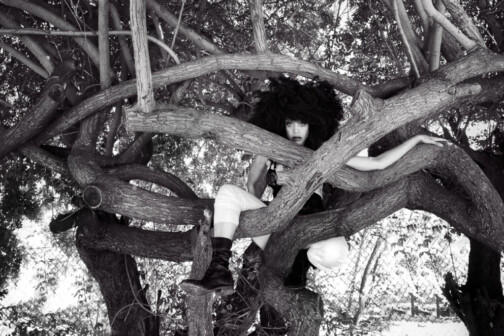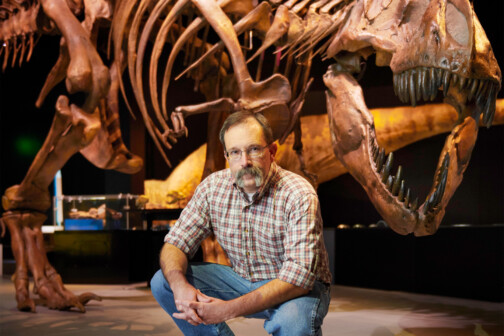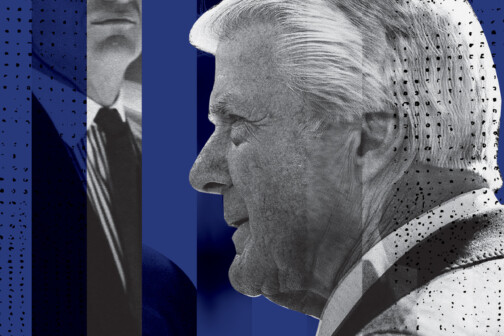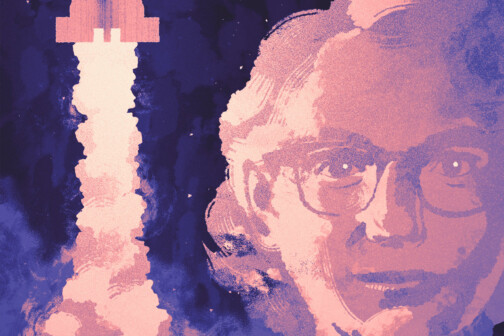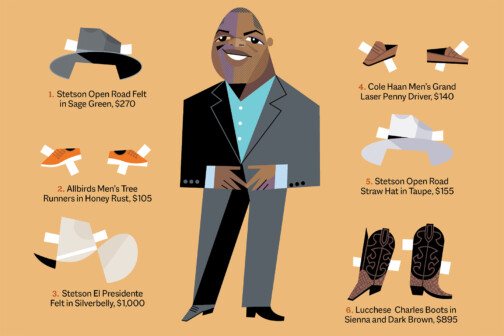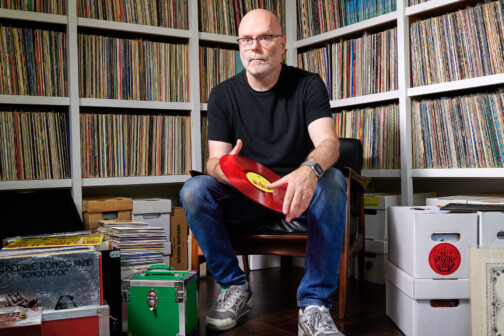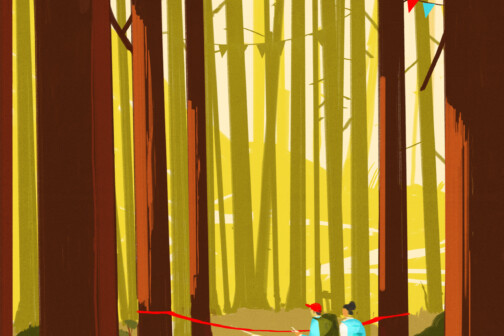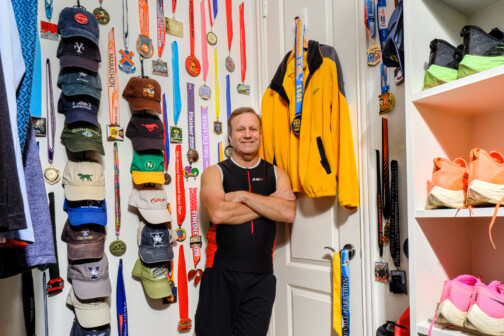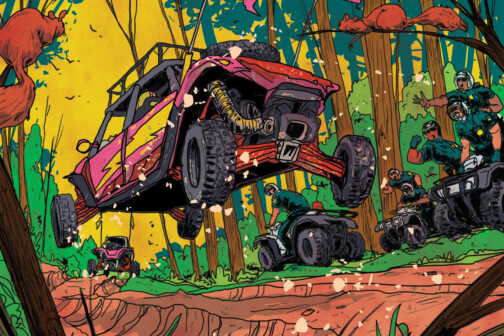On a Tuesday in early December, I wrote these words for the print edition of D Magazine:
It remains unclear whether Erykah Badu will materialize for a photo shoot that is scheduled for tomorrow, one day before our printer deadline for this issue. She has just returned from an engagement in Germany. One of her people has relayed to us that she is exhausted. This is all totally understandable and even more totally appropriate. Germany is a long way from Dallas. And when you decide to publish a story about, among other things, another magazine’s arduous photo shoot with Badu, it is to be expected that your own photo shoot with Erykah Badu will produce uncertainty. Badu is like an electron. We would be naive to think we could pin down both her speed and location. That’s not how her universe works.
“With every shoot I’ve done with her, I feel like right before the shoot I’m about to go insane because you don’t know if it’s going to happen.” That’s what Elizabeth Lavin, our staff photographer, said when I called her minutes ago to check in. “It’s like doing ayahuasca,” Elizabeth said. “First you throw up, and then you have your trip. Everything becomes clear.”
Elizabeth has shot Badu at least a dozen times, including once for Burberry. The first time was a decade ago, for D Magazine’s 40th anniversary issue (September 2014). At the last minute, because we’d misjudged either Badu’s speed or location, Elizabeth had to fly to Los Angeles for the shoot. When she got there, she told Badu, “I had a dream where I photographed you in a tree.” Badu saw that as a good omen. She climbed a tree, and the shot Elizabeth got is my second-favorite of Badu, eclipsed only by the shot Elizabeth took of Badu in her own personal kitchen, standing in front of her open refrigerator, for a story written by senior editor Zac Crain (“The Elusive Erykah Badu,” February 2017). I am admittedly biased.
Which brings me back to this month’s cover story about Badu, written by Casey Gerald. If you read his profile of Leon Bridges in Texas Monthly (August 2021), or if you’ve seen one of his TED Talks, or if you’ve read his memoir about growing up in South Oak Cliff before heading off to Yale (There Will Be No Miracles Here, 2018), then you can guess how pleased I am to publish his work in the pages of D Magazine for the first time.
I am going to manifest some outcomes right here, on this Tuesday. The photo shoot with Badu tomorrow will be a splendid trip for Elizabeth, and she will not barf. Also, the SOC Bears, where Casey played defensive back and which beat Lovejoy 42-0 just days ago, will win the UIL 5A Division II title.
Heisenberg uncertainty principle be damned; this feels certain.
I am now writing these words on January 10, 2024: the photo shoot was indeed splendid. Elizabeth did not barf. But the SOC Golden Bears did not repeat as state champs. Alas.
Casey’s profile went online today. And we did a podcast with him that you’ll enjoy.



